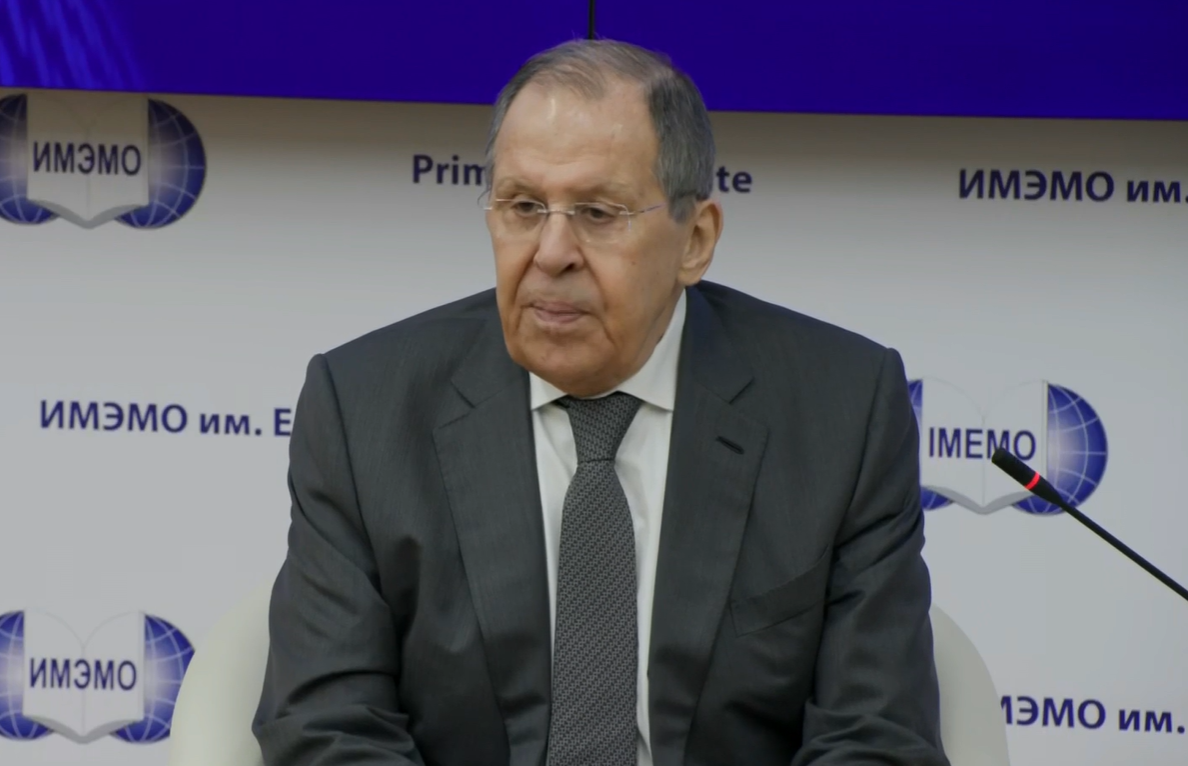Trump-Brokered Ceasefire Deal Between Iran And Israel :Russia has agreed to reopen dialogue with the US while warning about the deteriorating global security situation due to escalating conflicts in Ukraine and the Middle East. Russian officials criticize Western strategies, highlight the resilience of Iran’s nuclear program despite attacks, and call for an immediate halt to regional escalations.
Russia’s First Reaction On Trump-Brokered Ceasefire Deal Between Iran And Israel
In a series of significant statements, Russia has outlined its positions on several major international developments, including the Middle East ceasefire negotiations, Ukraine conflict, and attacks on Iran’s nuclear facilities. The Russian Foreign Ministry and senior officials like Foreign Minister Sergey Lavrov have openly addressed the complex global situation, offering rare insights into Moscow’s current diplomatic engagements and concerns.
Russia has confirmed that it has agreed to the Trump administration’s proposal to resume bilateral dialogue between Russia and the United States. According to the Russian Foreign Ministry, the dialogue has already begun, though the process has been described as far from easy due to the current international climate. The ministry emphasized, “One need only look at the current international situation” to understand the challenges facing these discussions.
Turning attention to the Middle East, the Russian Foreign Ministry criticized the international community for its lack of attention to recent attacks targeting Iran’s nuclear facilities. The Head of the Iranian Atomic Energy Organization, Mohammad Eslami, echoed similar concerns while providing reassurances that Iran’s nuclear program remains resilient.
Eslami stated, “We have planned to ensure the nuclear industry does not stop. We have taken the necessary measures, and we are currently assessing the sites that have been damaged.” He further added that Iran has a reconstruction plan ready to ensure that its nuclear services continue without interruption.
Foreign Minister Sergey Lavrov provided a scathing assessment of the situation in Ukraine. He highlighted the apparent failure of Western strategy and tactics, stating that Europe continues to support Kyiv despite obvious setbacks. Lavrov remarked, “Today, Kyiv is demanding, requesting, and begging for a ceasefire without preconditions — something Zelensky had previously categorically rejected.” This shift in Ukraine’s stance, according to Lavrov, is a clear indicator of the dire situation on the ground.
Lavrov also warned about the dangerous rhetoric emerging from Western capitals, noting, “In the West, they no longer say ‘contain’ Russia; they say it needs to be ‘defeated’, otherwise it will destroy Europe itself in 3-4 years.” This type of discourse, Lavrov argued, significantly heightens tensions and destabilizes global security.
Amidst these crises, Russia has been actively engaged in diplomatic efforts aimed at de-escalation. According to Lavrov, Moscow has made proposals for resolving the conflict in the Middle East through “trusting contacts” with the United States, Iran, and Israel. The initial reaction to these proposals has been described as positive. However, Lavrov cautioned that it remains too early to draw definitive conclusions about the sustainability of the ceasefire agreements currently in place in the Middle East.
The Russian Foreign Ministry underscored the dangers posed by the escalating military actions in the region, particularly pointing to the US and Israeli strikes against Iran. The ministry warned that these actions have led to a “sharp deterioration in the Middle East and Persian Gulf” and represent an “exceptionally dangerous erosion of global and regional security.”
“We reiterate our call to halt escalation,” the Russian Foreign Ministry urged, highlighting the growing need for restraint and dialogue to prevent further destabilization.
As diplomatic efforts continue behind closed doors, Russia’s vocal stance underscores its desire to position itself as a central mediator in multiple global crises while simultaneously condemning what it perceives as Western aggression and destabilizing policies. The coming weeks will reveal whether these diplomatic overtures bear fruit or if the world will face even more severe confrontations on multiple fronts.
Disclaimer:
This article is based on official statements from Russian, Iranian, and international sources. The information presented reflects ongoing global developments and diplomatic positions as of June 2025. Readers are advised to follow multiple reliable sources for the most updated and comprehensive insights on these evolving situations.

